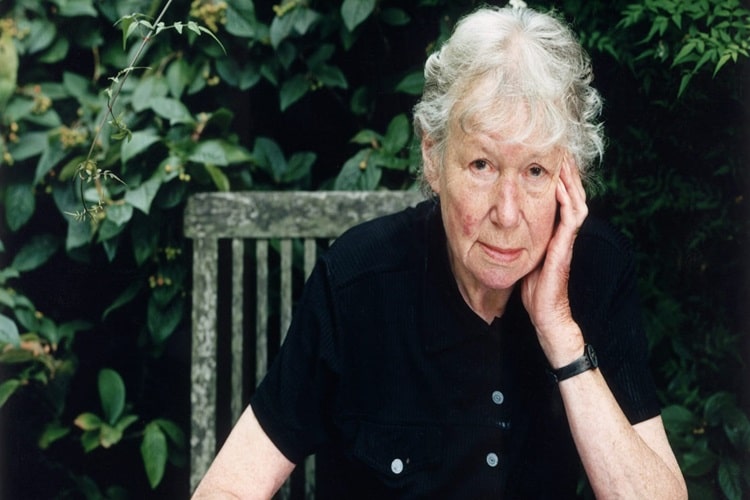Against the Odds: The Remarkable Journey of Penelope Fitzgerald

Penelope Fitzgerald (17 December 1916 – 28 April 2000) was a Booker Prize-winning novelist, poet, and essayist. He received the Booker Prize in 1979.
Life and Career
Penelope Fitzgerald was born on 17 December 1916, in Lincoln, United Kingdom.
Penelope Fitzgerald attended Somerville College at the University of Oxford, where she studied English literature. Her time at Oxford would later influence her writing and provide material for her novels.
Fitzgerald started her career in journalism, contributing to various publications such as Punch and The Listener. She also worked for the BBC, producing literary reviews and talks.
After the war, Fitzgerald taught at the Italia Conti Academy and later at a drama school in the 1960s. She also worked briefly as a book reviewer for The World Review.
Fitzgerald published her first novel, “The Golden Child,” in 1977, at the age of 60. Despite her late start as a novelist, she quickly gained acclaim for her unique storytelling and precise prose.
Some of her most celebrated works include “The Bookshop” (1978), “Offshore” (1979), which won the Booker Prize, and “Innocence” (1986). Her novels often featured eccentric characters and were set in various historical periods.
Fitzgerald continued to produce novels throughout the 1980s and 1990s, including “The Gate of Angels” (1990) and “The Blue Flower” (1995), the latter earning her the National Book Critics Circle Award.
Despite her relatively small output, Fitzgerald’s work received widespread recognition for its wit, intelligence, and exploration of the complexities of human relationships.
Penelope Fitzgerald passed away on 28 April 2000, in London, United Kingdom.
Award and Legacy
Penelope Fitzgerald’s novel “Offshore” won the prestigious Booker Prize in 1979. This recognition significantly boosted her literary reputation and brought her work to a wider audience.
“The Blue Flower” (1995) earned Fitzgerald the National Book Critics Circle Award for fiction, further solidifying her standing as a respected and accomplished author.
In 2018, “Offshore” was shortlisted for the Golden Booker Prize, a special award celebrating the best work of fiction from the last five decades of the Booker Prize.
Penelope Fitzgerald is celebrated for her distinctive literary style, marked by wit, subtlety, and an acute understanding of human nature. Her novels often explore the complexities of relationships and offer insightful observations on society.
Fitzgerald’s late start as a novelist, beginning her writing career in her 60s, is often cited as an inspiring example of perseverance and the timeless nature of creativity. Her success serves as a reminder that talent can emerge at any stage of life.
Fitzgerald’s novels are known for their memorable and eccentric characters, as well as their diverse historical settings. Her ability to transport readers to different times and places contributes to the enduring appeal of her work.
Scholars and literary critics continue to analyze and appreciate Fitzgerald’s contribution to English literature. Her novels are frequently studied for their narrative techniques, character development, and exploration of historical and social themes.
Fitzgerald’s novels have been adapted for radio and stage, further extending her influence into different mediums. These adaptations help introduce new audiences to her work and contribute to the preservation of her literary legacy.
Observer Voice is the one stop site for National, International news, Sports, Editor’s Choice, Art/culture contents, Quotes and much more. We also cover historical contents. Historical contents includes World History, Indian History, and what happened today. The website also covers Entertainment across the India and World.

